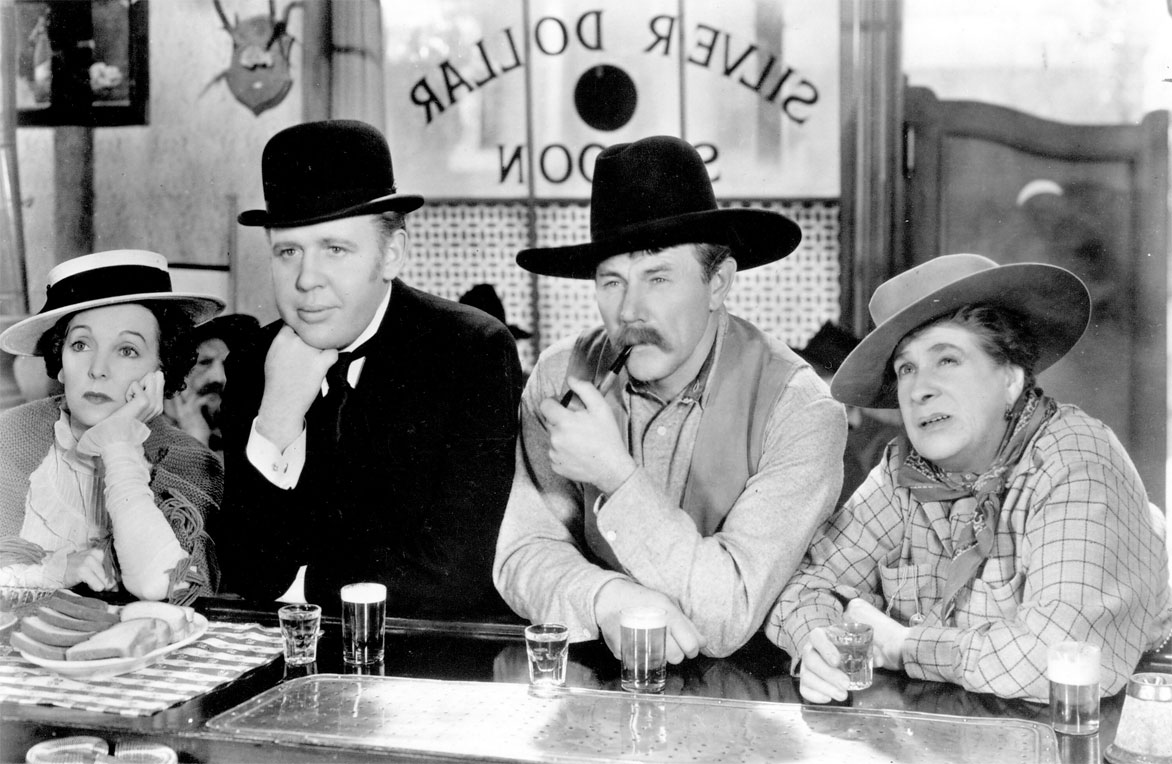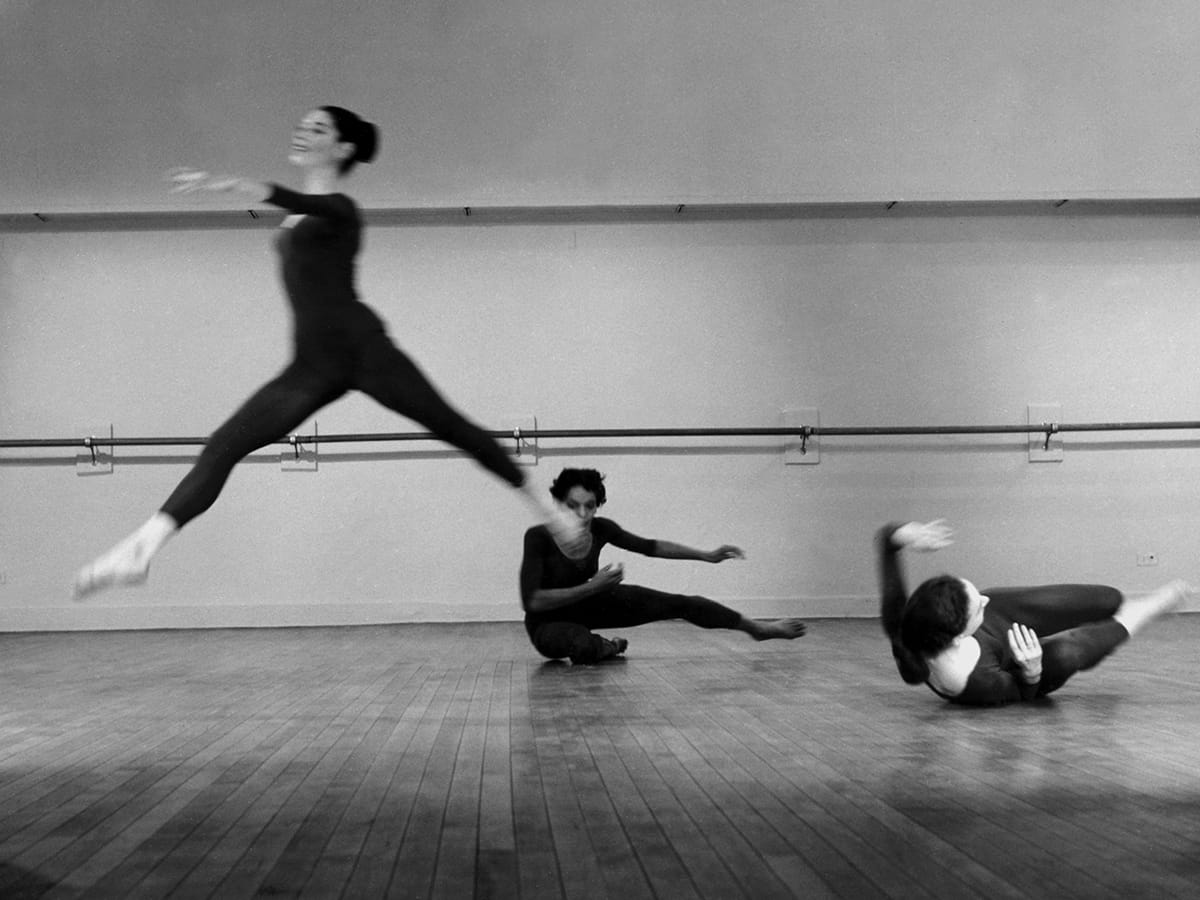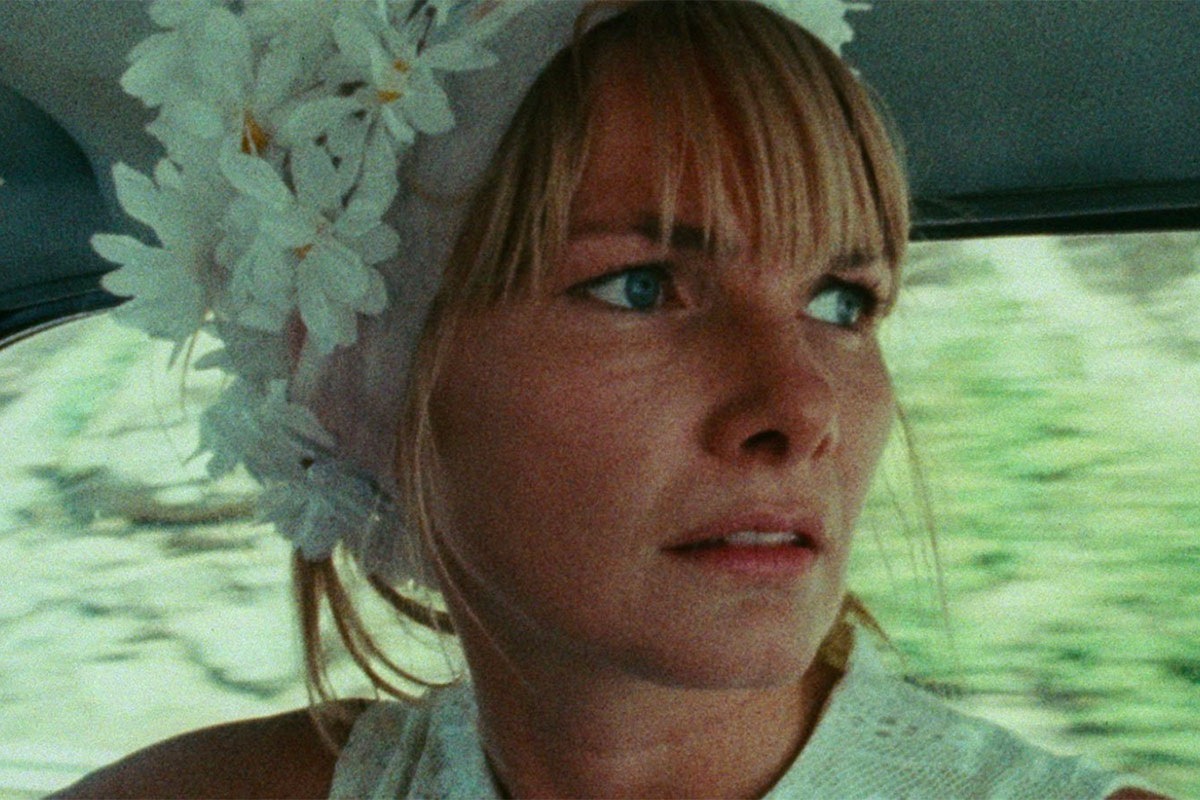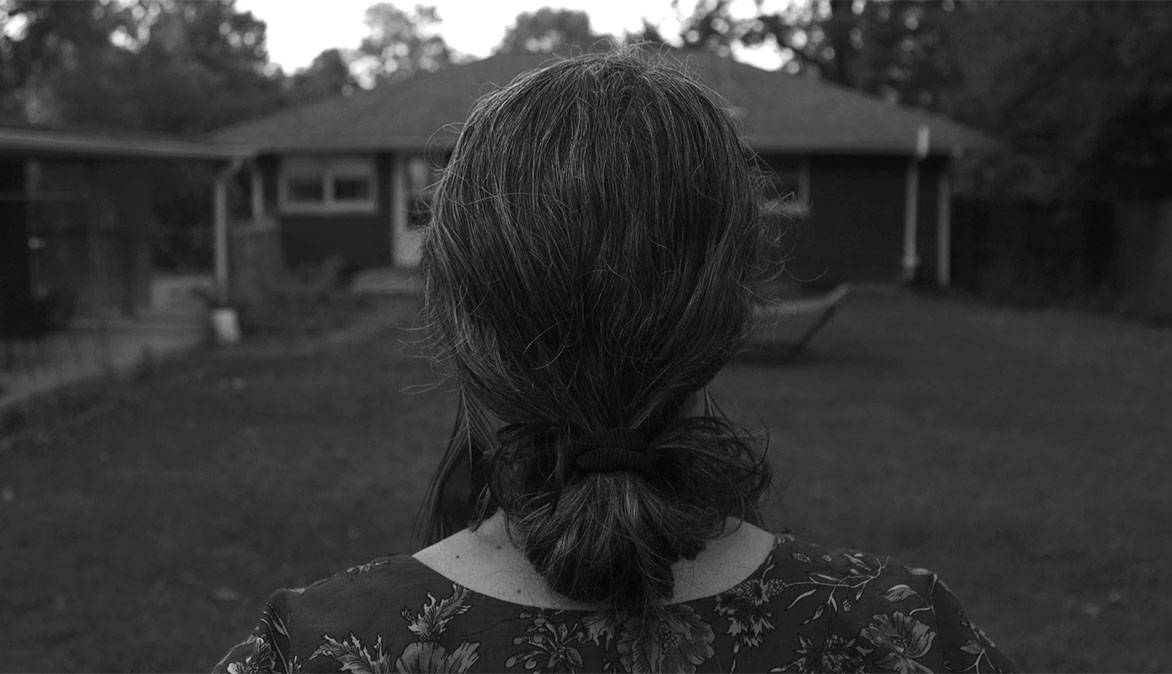
Ruggles of Red Gap
November 9, 2016 · Scruffy City Hall · 8:00 p.m.
Join us for this special election week screening of our favorite film about America.
Previously filmed in 1918 and 1923, Harry Leon Wilson’s novel achieved movie classic status when it was remade by Leo McCarey in 1935. The story opens in Paris, circa 1908. Ruggles, beautifully underplayed by Charles Laughton, is the ultra-obedient manservant to the bibulous Earl of Burnstead (Roland Young). During one of the Earl’s nocturnal forays, nouveau riche American cattle baron Egbert Floud (Charles Ruggles) wins Ruggles in a poker game.
Terrified at the prospect of being bundled off to the Wild West, Ruggles’ resolve is weakened somewhat when he and the raucous but ingratiating Egbert spend a wild night on the town. (The besotted butler’s periodic exclamations of “Whoopee!” are priceless.) Back in the frontier “boom town” of Red Gap, a misunderstanding obliges Egbert’s social-climbing wife Effie (Mary Boland) to pass off Ruggles as an aristocratic British army officer, immediately arousing the suspicions of priggish social arbiter Charles Belknap-Jackson (Lucien Littlefield). The longer he spends in America, the more Ruggles grows to like the concept of democracy and self-determination.
“Shockingly modern and the most politically enlightened (and enlightening) comedy of the 1930s, Leo McCarey’s winning quasi-Western is a model of Hollywood broad strokes coalescing into a sophisticated whole.” — Time Out
“Ruggles of Red Gap portrays the west, and the entire, still-untamed country by extension, as an environment fecund enough to forgive any folly or in-fighting, a world where a man can start his own business from nothing or simply prove himself an emblematic idiot with a brief attention span–or, as is most often the case, both in tandem. That vision of American democracy as a frontier of psychotic sprawl to be endured rather than enslaved–the egg that McCarey laid and Sturges hatched–has yet to be improved on in film, or embraced with such staggering innocence. Following their template, one can nearly love this reckless country without ignoring what this reckless country is capable of.” — Slant
About the Filmmaker
Of the greatest directors of the Classic Hollywood era, Leo McCarey’s work and reputation are today among the most popularly and critically neglected. McCarey was a giant in his time. His films were often hugely successful with audiences, and his colleagues admired his work (three Oscars and 36 nominations for his films, fan letters reportedly from Chaplin and Capra, etc). Jean Renoir expressed a once widely held sentiment when he remarked, “McCarey understands people better perhaps than anyone else in Hollywood.” — Read Paul’s extensive profile of McCarey at Senses of Cinema



